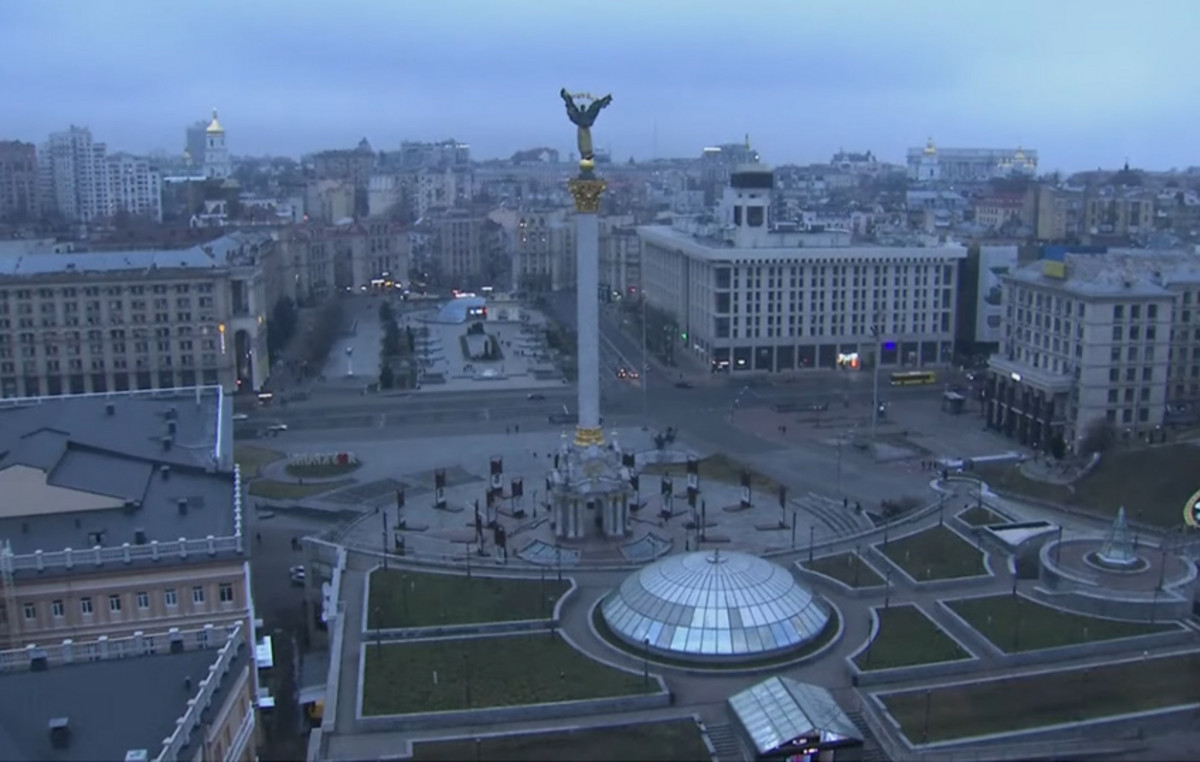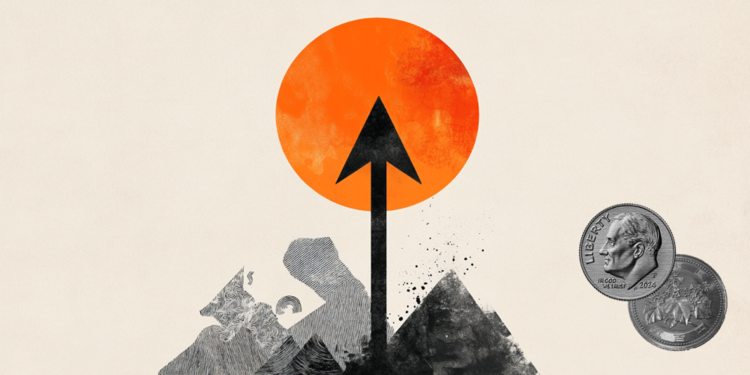At the meeting of the General Assembly of the United Nations (UN) in which a resolution was approved condemning Russia for the invasion against Ukraine, one aspect drew attention from the diplomatic point of view: several African countries abstained from voting and taking a position on the document that called for an end to hostilities in Eastern Europe.
For approval to take place, it was necessary to reach a majority formed by two thirds of the participants. Brazil was one of 141 countries that voted in favor. Five votes against and 35 abstentions were also recorded.
Among the countries that abstained, 17 of them are African. Eritrea even sided with Russia and voted against the resolution passed by the vast majority of countries present at the UN meeting. Belarus, North Korea and Syria were also against.
African nations that abstained were: Algeria, Angola, Burundi, Central African Republic, Congo, Equatorial Guinea, Madagascar, Mali, Mozambique, Namibia, Senegal, South Africa, South Sudan, Sudan, Uganda, Tanzania and Zimbabwe .
During a speech at the General Assembly, Eritrea said that it believes that territorial integrity must be respected by all countries, but justified the vote by saying that it is against “the internationalization of territory and the imposition of unilateral sanctions that could escalate the situation and deplore international dialogue.” ”.
The country’s ambassador also stated that Africans are facing problems leaving Ukraine, something that was previously reported, and reiterated that he wanted “to see that the doors of diplomacy remain open”.
Allegations of racism and differential treatment between European and African refugees may help to explain the “coordinated” movement to reject the resolution against the Russian invasion.
Racism at the Borders
Since Russia invaded Ukraine in the early hours of February 24, neighboring countries in the region have been dealing with a massive influx of refugees fleeing the conflict. In addition to Ukrainians, thousands of Africans and other foreigners, mainly students, are struggling to leave the country.
The treatment of different refugees, however, appears to be different. Several cases of racial discrimination are being recorded at European borders, including reports that African citizens fleeing the conflict are being denied access to seek safety.
Buchizya Mseteka, a spokesperson for UNHCR, the UN refugee agency, said she had received testimonies of Africans being barred from boarding trains that take people to neighboring countries and of others being barred from crossing borders.
The African Union (AU) also said it was disturbed by reports that African citizens in Ukraine are being treated in a discriminatory manner, being forced to stay at train stations for not being allowed boarding, being placed at the back of the queue and having the right to cross borders safely denied.
Cases of racism reached the authorities and Ukraine’s Foreign Minister Dmytro Kuleba announced the creation of a hotline for African, Asian and other foreign students who wish to leave the country.
Kuleba said refugees should have “equal opportunity” to return to their home countries safely.
Poland’s Prime Minister’s Chancellery also stated that the country “offers shelter to everyone fleeing Russian aggression against Ukraine, regardless of their nationality and ethnicity.”
Reaction of African countries at the UN
Faced with the mobilization, representatives of African nations made a point of taking the debate on racism among refugees to the United Nations.
During the UN Security Council meeting last Monday (28), the three African countries that are part of the collegiate – Kenya, Gabon and Ghana – were incisive in condemning discrimination against their citizens.
“The ill-treatment of African people at the borders of Europe needs to stop immediately, whether for Africans fleeing Ukraine or for those crossing the Mediterranean,” said Kenyan UN Ambassador Martin Kimani.
At the emergency meeting of the General Assembly that marked the vote, the forceful tone adopted by African ambassadors was the same. The representative of South Africa, Mathu Joyini, stressed that “all people have the right to cross international borders in times of conflict”.
In addition, the ambassador criticized the different treatment given to conflicts in Europe compared to those occurring on the African continent. “It is necessary that we devote equal attention to other long-standing conflicts where the UN Charter and human rights are being violated,” she said.
During the demonstrations of the countries that decided to speak out, there were several complaints that other conflicts in which many people are killed do not receive the same attention that the war in Ukraine is receiving.
The ambassador of Gabon, Michel Xavier Bang, added: “we say no to racism and demand respect for human dignity”.
According to UN estimates, more than 4 million people could leave Ukraine as a result of conflicts with Russian troops in the country.
Source: CNN Brasil
I’m James Harper, a highly experienced and accomplished news writer for World Stock Market. I have been writing in the Politics section of the website for over five years, providing readers with up-to-date and insightful information about current events in politics. My work is widely read and respected by many industry professionals as well as laymen.







